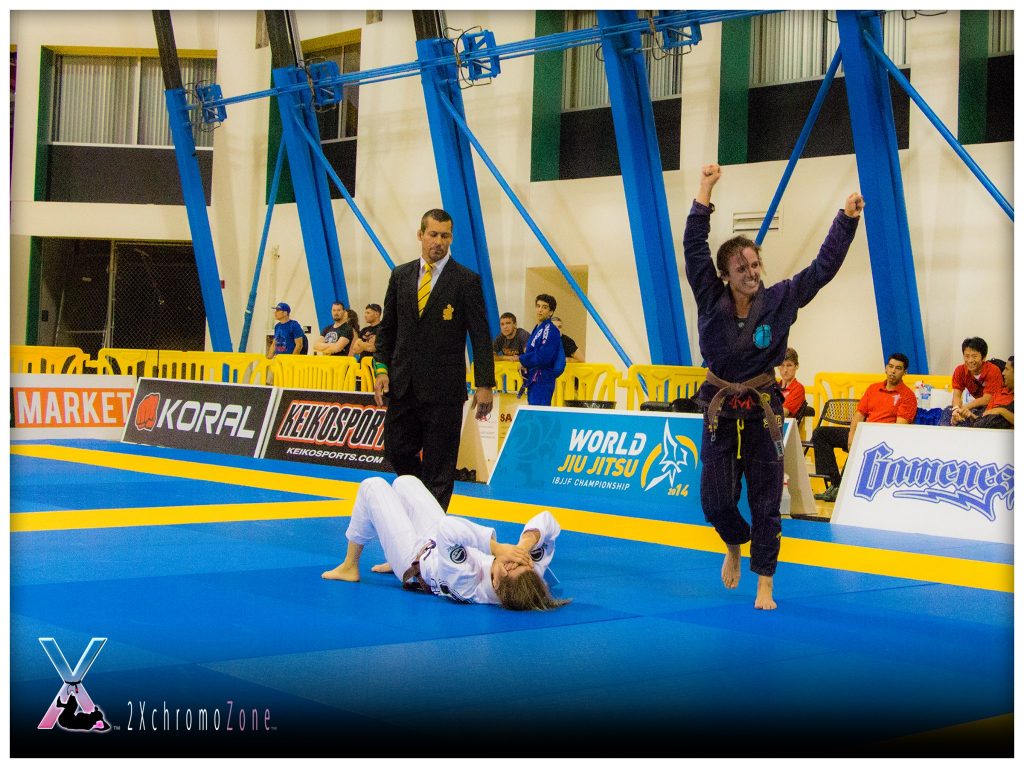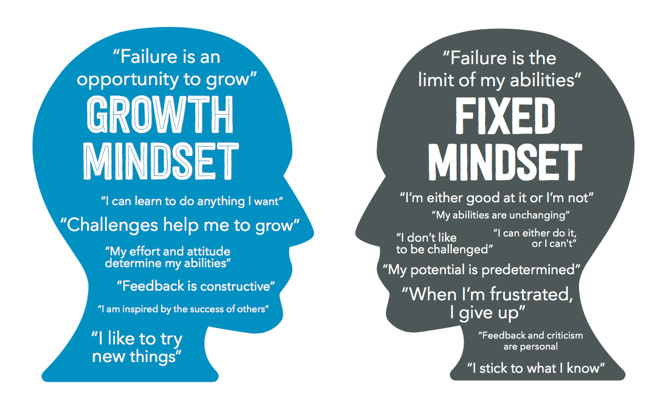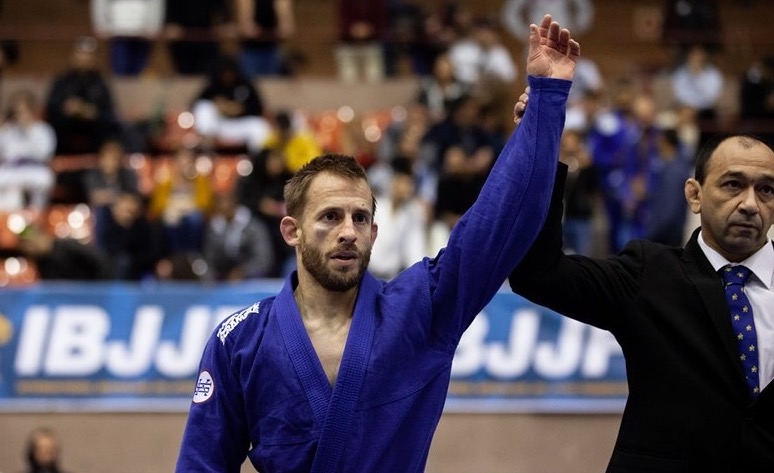mindset
/ˈmʌɪn(d)sɛt/
noun
1. the established set of attitudes held by someone.
One of the most important elements in success is your mindset.
As a martial arts student, it can be very easy to feel a lack of progression. Students can often feel frustrated by a bad training session or if they struggle with a certain technique. And it’s common to hear students say “I’m not good at…” or “I can’t do …”
When a student says this, they’re operating from a Fixed Mindset. Their belief is that regardless of the amount of training they put in, it’s impossible for them to succeed.
However, by adding one simple word to the end of those sentences / beliefs they can switch to a Growth Mindset and achieve remarkable success.

A Better Mindset
The concept of Fixed and Growth mindsets comes from Carol Dweck. Dweck is a Professor of Psychology at Stanford University and has devoted her career to understanding success. Here’s Dweck’s definition of Fixed and Growth <indsets from a 2012 interview:
In a Fixed Mindset students believe their basic abilities, their intelligence, their talents, are just fixed traits. They have a certain amount and that’s that, and then their goal becomes to look smart all the time and never look dumb.
In a Growth Mindset students understand that their talents and abilities can be developed through effort, good teaching and persistence. They don’t necessarily think everyone’s the same or anyone can be Einstein, but they believe everyone can get smarter if they work at it.”
Here is a short video (3 min 50 sec) clearly explains the concept.
Students with a Fixed Mindset believe that success is all that matters and look to competition, exams, and training as proof of this. Unfortunately, if things don’t go there way they feel like a failure.
Because their self-worth is built upon winning or losing, these individuals will look for opportunities that justify their self-worth rather than challenges which will force them to grow.
This Fixed Mindset can cripple their progress. They’ll avoid the tougher training partners, skip training if they feel less than 100%, and can resort to cheating in order to win.
A student with a Growth Mindset sees failure as a necessary part of development and relishes opportunities to improve. In other words, they see effort to improve is their success.
Here is a more complete comparison of the Fixed and Growth Mindsets:

The Power Of Yet
According to Dweck’s research, the simple addition of “yet” can switch a belief from a Fixed mindset to a Growth mindset. For example: “I can’t do a back kick” becomes “I can’t do a back kick yet!” Or “I’m not good at press ups” becomes “I’m not good at press ups yet!”
The addition of ‘yet’ implies that in the near future with practice they will succeed. Dweck’s studies have shown that teaching children the addition of “yet” or “not yet,” results in greater confidence, and creates greater persistence as they see success in the future.
What’s fascinating is that it’s possible change a students’ mindsets.
In one study, Dweck taught students that every time they push out of their comfort zone to learn something new and difficult, the neurons in their brain can form new, stronger connections. The students who were taught this lesson actually got smarter over time.

Praise Wisely
For a parent or instructor it’s easy to praise a students successes or talent, and that’s important, but praising these alone is teaching a Fixed Mindset.
Instead, you should praise the learning process, the focus, the perseverance, and the effort that went into achieving that success.
In a recent TED talk, Dweck, sites the astonishing results of students that were praised for effort vs those that were praised for success.
“In one year, fourth grade students in the South Bronx, way behind, became the number one fourth grade class in the state of New York on the state math test.
In a year to a year and a half, Native American students in a school on a reservation went from the bottom of their district to the top, and that district included affluent sections of Seattle.”
Dweck states this happened because that the meaning of effort and difficulty were transformed.
“Before, effort and difficulty made them feel dumb, made them feel like giving up, but now, effort and difficulty, that’s when their neurons are making new connections, stronger connections. That’s when they’re getting smarter.”
(Click Here to watch the TED full talk.)
The Take Aways
Instructors, parents, and students should emphasise improvement and growth rather than success or failure in training or competition when evaluating training progress.
- A Fixed mindset will limit your growth
- A Growth mindset believes success comes through effort and continual development
- Adding ‘yet’ to a statement can shift you from a Fixed mindset to Growth mindset
- Praise the learning process, perseverance, and effort instead of the success itself.